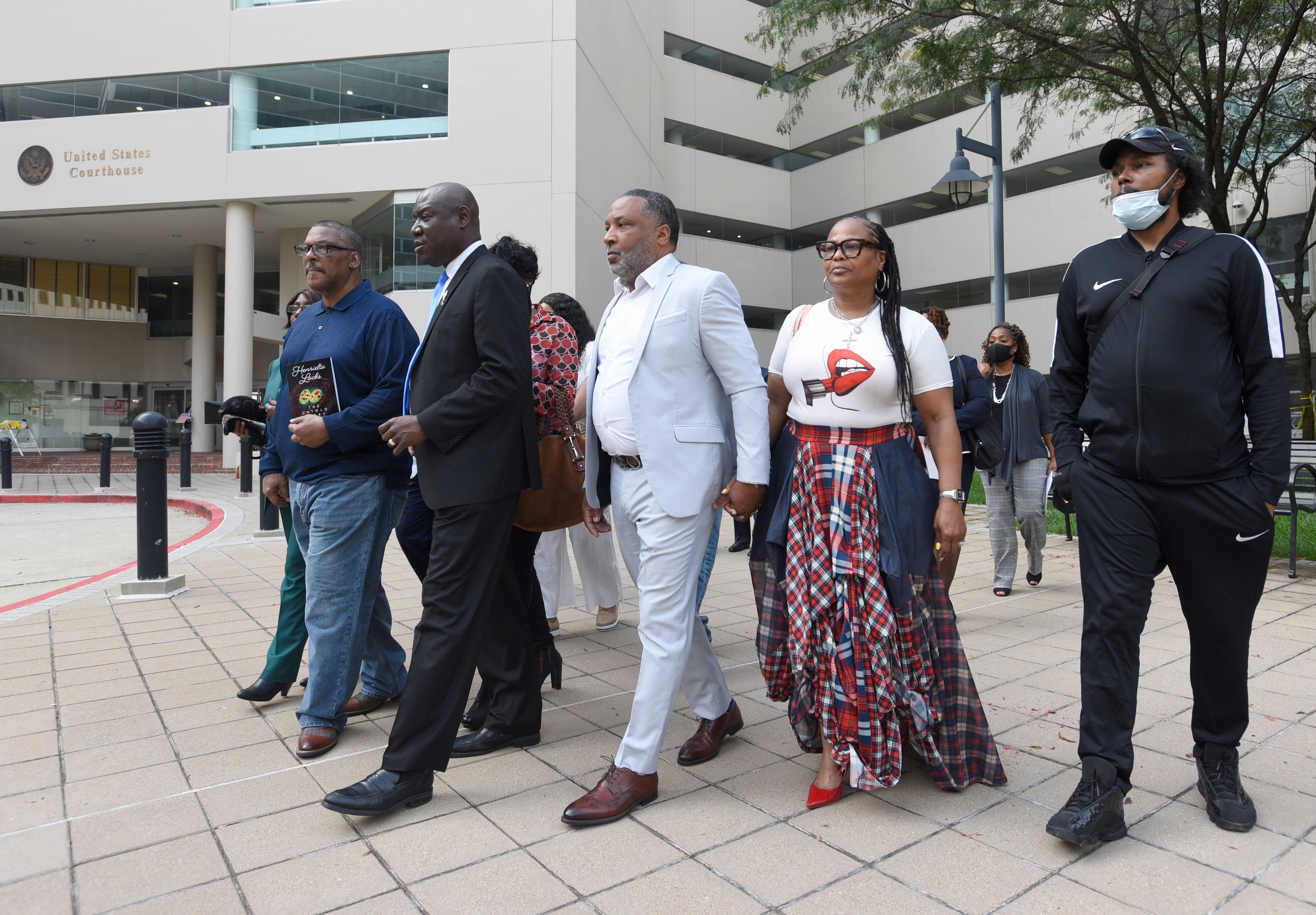Family of Henrietta Lacks files new lawsuit over cells harvested without her consent
The family of Henrietta Lacks has filed another lawsuit accusing a second company of unjustly profiting off her cells for generations

Your support helps us to tell the story
From reproductive rights to climate change to Big Tech, The Independent is on the ground when the story is developing. Whether it's investigating the financials of Elon Musk's pro-Trump PAC or producing our latest documentary, 'The A Word', which shines a light on the American women fighting for reproductive rights, we know how important it is to parse out the facts from the messaging.
At such a critical moment in US history, we need reporters on the ground. Your donation allows us to keep sending journalists to speak to both sides of the story.
The Independent is trusted by Americans across the entire political spectrum. And unlike many other quality news outlets, we choose not to lock Americans out of our reporting and analysis with paywalls. We believe quality journalism should be available to everyone, paid for by those who can afford it.
Your support makes all the difference.Just over a week after Henrietta Lacks’ descendants settled a lawsuit against a biotech company they accused of unjustly profiting off her cells for generations, the family’s attorneys have filed another claim against a different corporation.
The new lawsuit, which targets California-based biopharmaceutical company Ultragenyx, was filed Thursday in Baltimore federal court, the same venue as the recently settled case. Lawyers for the family have said they plan to bring a series of lawsuits against various entities that continue to reap rewards from the racist medical system that took advantage of Lacks.
A Black mother of five from southern Virginia, Lacks and her family were living outside Baltimore when she was diagnosed with cervical cancer in 1951. Doctors at Johns Hopkins Hospital saved a sample of her cancer cells collected during a biopsy — without her knowledge or consent.
She died at age 31 in the hospital’s “colored ward,” but her genetic material lived on, the first human cells to continuously grow and reproduce in lab dishes. HeLa cells have since become a cornerstone of modern medicine, enabling countless scientific and medical innovations, including the development of the polio vaccine, genetic mapping and even COVID-19 shots.
The complaint says Ultragenyx has made a fortune by using HeLa cells to develop gene therapy products.
“Medical research has a long, troubled racial history,” attorneys for the family wrote. “The exploitation of Henrietta Lacks represents the unfortunately common struggle experienced by Black people throughout American history. Indeed, Black suffering has fueled innumerable medical progress and profit, without just compensation or recognition.”
A spokesperson for Ultragenyx didn’t immediately respond to an email seeking comment Thursday evening.
At the time doctors harvested cells from Lacks’ cervical tumor, it was not illegal to do so without a patient’s permission. But lawyers for her family accuse Ultragenyx of continuing to commercialize the results long after the origins of the HeLa cell line became well known — an “unjust enrichment” claim that largely mirrors the recently settled lawsuit against Thermo Fisher Scientific Inc., which was filed in 2021. The terms of that settlement haven’t been disclosed.
The agreement came after several hours of closed-door negotiations earlier this month. Some of Lacks’ grandchildren were among the family members who attended the talks in Baltimore’s federal courthouse. They held a news conference the following morning on what would have been Lacks’ 103rd birthday, saying justice had finally been won.
Her cells have had a massive impact on modern medicine because unlike most, they survived and thrived in laboratories, allowing researchers anywhere to reproduce studies using identical genetic material.
The remarkable science involved — and the impact on the Lacks family, some of whom had chronic illnesses and no health insurance — were documented in a bestselling book by Rebecca Skloot, “The Immortal Life of Henrietta Lacks,” which was published in 2010. Oprah Winfrey portrayed her daughter in an HBO movie about the story.
Johns Hopkins said it never sold or profited from the cell lines, but many companies have patented ways of using them.
The lawsuit filed Thursday claims Ultragenyx leadership failed to seek permission from Lacks’ descendants after realizing where HeLa cells came from.
“Ultragenyx’s choice to continue utilizing HeLa cells despite the cell line’s origin and the concrete harm it inflicts on the Lacks family can only be understood as a choice to embrace a legacy of racial injustice embedded in the U.S. research and medical systems,” attorney Ben Crump said in a statement. “Like anyone else, Black people have the right to control their bodies.”
Crump, a civil rights attorney, has become well known for representing victims of police violence and calling for racial justice, especially in the aftermath of George Floyd’s murder. After the recent settlement, Crump said the family was planning to file more lawsuits.